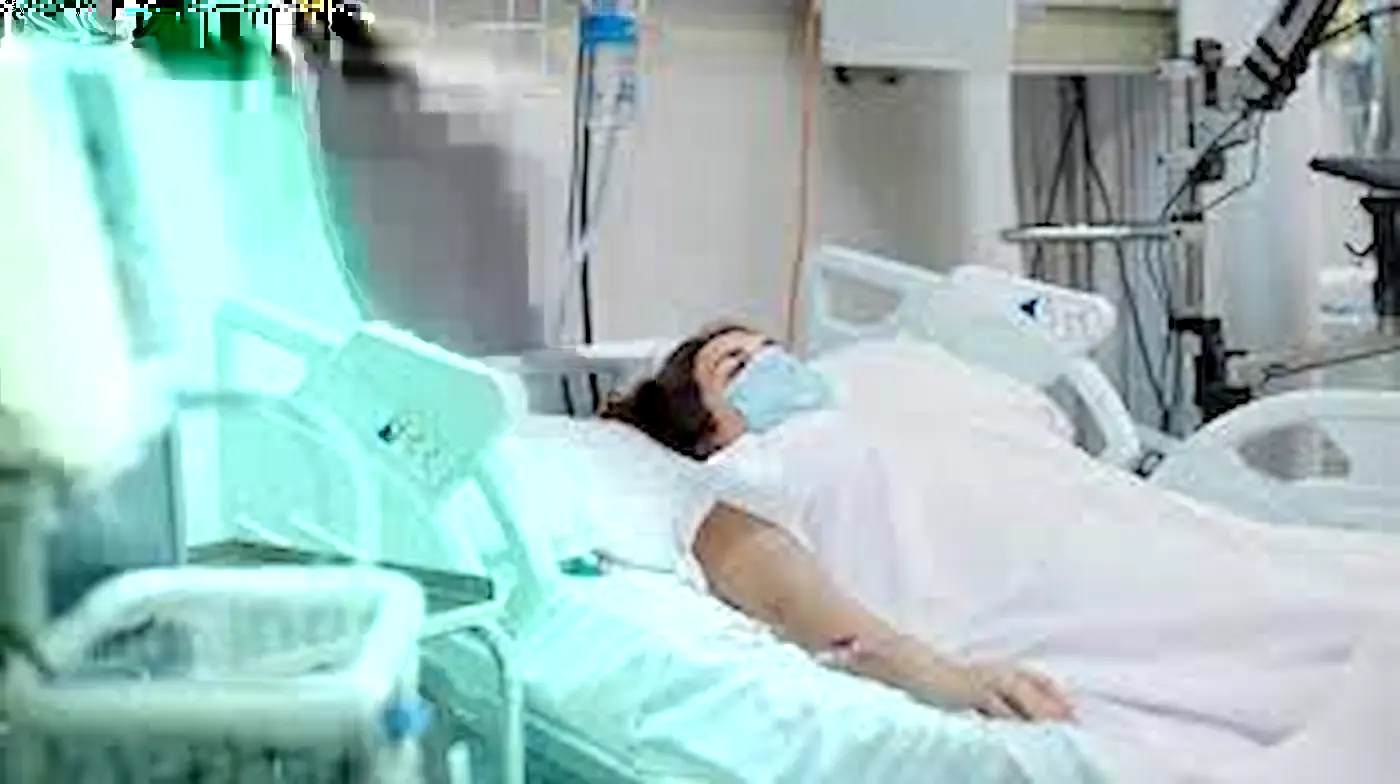
What to do if you are hospitalized in the Schengen Area
The Schengen Area is renowned for its open-border policy, which makes travel between its member states simple and efficient. While it offers a variety of experiences for travellers, it is essential to be prepared for unanticipated events, such as a medical emergency that requires hospitalisation.
If you are hospitalised in the Schengen Area, the following is a comprehensive guide on what to do.
Remain Calm and Inform Appropriate Individuals
- First and foremost, it is essential to maintain composure.
- Inform close relatives and travel companions of your situation.
- Notify your consulate or embassy. They can offer assistance, provide information about local customs, and facilitate communication with loved ones back home.
EHIC and Travel Insurance
If you are an inhabitant of the EU/EEA:
- Presenting your EHIC enables you to access state-provided healthcare under the same terms and at the same cost as locals.
Non-EU/EEA nationals:
- Travel insurance covering medical emergencies is recommended.
- Please get in contact with your insurance provider to inform them of your hospitalisation and learn your coverage’s specifics.
Know Your Legal Rights
Even though the Schengen countries maintain high medical standards, knowing patient rights in each country is essential. You have the right to informed consent, which requires that you be fully briefed in a language you comprehend about any medical procedures, risks, and other pertinent information. If necessary, you can request a medical interpreter.
Establish Financial Arrangements
Within the Schengen Area, different countries have diverse healthcare payment systems. Others may require payment in advance, while others may charge you later. Ensure that you maintain all medical invoices and records. If covered by insurance, these will be required for reimbursement claims.
Give Thought to Medical Repatriation
In severe conditions or lengthy hospitalisation:
- You may want to contemplate returning home for medical treatment.
- Many travel insurance plans can include coverage for repatriation expenses. It is essential, however, to ensure that moving is medically safe and will not aggravate your condition.
Adherence and Aftercare
Once released:
- Make certain you comprehend all aftercare procedures, medications, and follow-up visits.
- If travelling further within the Schengen Area, it may be prudent to inform subsequent accommodations of your medical condition so they can assist you if necessary.
Being Hospitalised in the Schengen Area: Procedures and Access to Healthcare with a Visa
Understanding your rights and procedures within the Schengen Area can be crucial for your peace of mind if you find yourself hospitalised while travelling abroad. If you find yourself in need of medical care in a Schengen country, you can rest assured that emergency services and medical care are accessible to everyone, regardless of nationality or visa status. All Schengen countries place a premium on patient care, and you will be attended to even before questions regarding payment or insurance coverage are asked. In most cases, hospitals in these countries are equipped with state-of-the-art facilities and the personnel speaks English or has access to interpreters.
It is essential for visa-holding Schengen Area travellers to be aware that one of the requirements for obtaining a Schengen visa is having travel insurance that covers medical emergencies and repatriation. This means that if you are hospitalised, your insurance should cover the majority of your medical expenses, if not all of them. It is essential to have your insurance information readily available and to inform both the hospital and your insurance provider as soon as possible in order to expedite processes and coverage.
While emergency care is typically provided regardless of insurance coverage, subsequent treatments or non-emergency procedures may necessitate cash payments or insurance claims. Keep copies of all medical records and invoices for reimbursement or future reference. Remember that even though the Schengen countries provide high-quality healthcare, knowing your insurance coverage and rights as a visitor can significantly simplify the procedure if you require medical care.
What if I overstay my visa due to being hospitalized?
It’s crucial to inform the appropriate authorities as soon as possible if you find yourself in a scenario where you’ve overstayed your visa due to being hospitalised. Even when a visa is overstayed for medical reasons, legal repercussions may still exist. For people who experience unforeseen situations like hospitalisation that prohibit them from leaving on time, measures exist in several nations.
Contact the immigration or visa office of the nation you are currently in, give them all the required proof of your hospitalisation, and be honest about your position. It’s important to heed their advice and take the necessary actions to change your visa status, which may involve requesting a medical extension or submitting an application for a different visa.
Remember that the best action to resolve this issue will be, to be honest and upfront with the authorities.
Certainly, it is advised to compile all pertinent medical documents and evidence demonstrating the necessity of your extended stay if you mistakenly overstay your visa due to being hospitalised. This can include prescription records, hospital admittance paperwork, and notes from the doctor explaining your ailment and the length of time it will take to treat it.
Keeping accurate records is essential to make a convincing case to the immigration authorities. To understand your rights and obligations in such situations, you should speak with legal professionals on immigration issues.
While your health comes first, taking care of your visa situation as soon as possible will help you in avoiding potential legal issues and ensure your stay is legal.
In Summary
Being hospitalised in a foreign country can be a frightening experience, but the robust healthcare systems of the Schengen Area ensure that you are in safe hands. By being informed, prepared, and proactive, you can more easily navigate these situations.
Always put your health first; if in doubt, contact your embassy, insurance provider, or local authorities. Travelling safely requires both exploration and preparation.
Did this advice help?
Is there anything wrong with this page?
If so let us know!